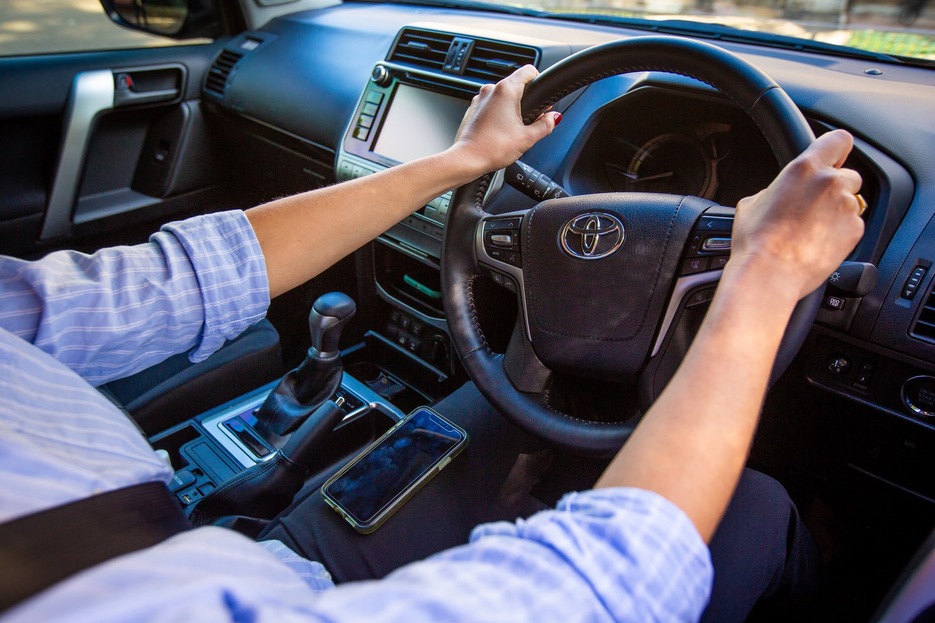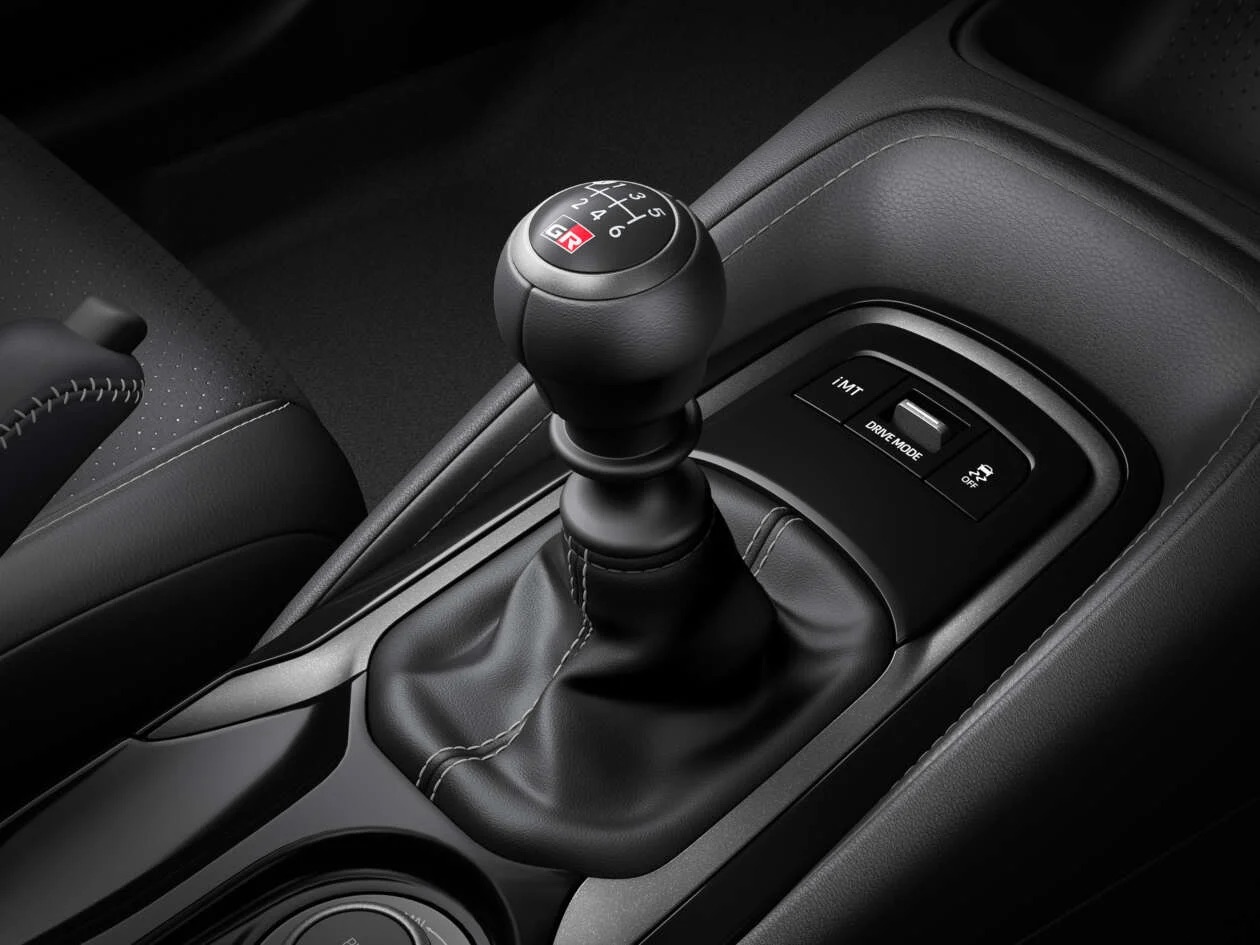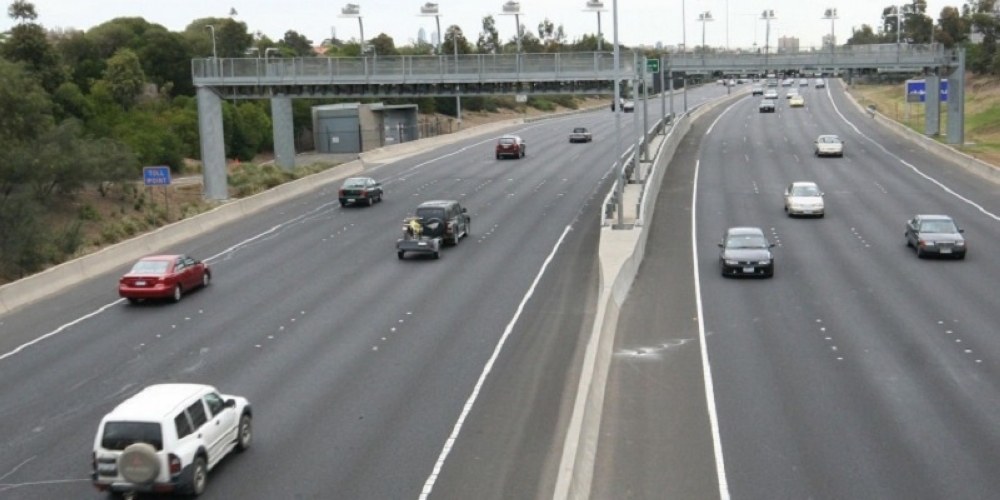Did you know that in Australia, it is illegal to hold a mobile phone in your hand or have it resting on any part of your body, such as your lap, when driving? This applies even if you’re stopped in traffic.
The worst part? The phone does not need to be turned on or in use for it to be an offence. If you hold your phone or have it on your body, you will be fined even if you’re not operating the phone, or it’s turned off.
Well, that’s just for Australia right? Wrong. Recently, a woman in Penang was issued a summon to appear before a magistrate in August for using her mobile phone while driving. She had the phone on her lap and at a roundabout, she held up the phone for just a couple of seconds to double-check the direction while using a navigation application.
A policeman had spotted her doing so and pulled her over. The woman and her sister tried to explain that she just took a glimpse at the phone which was on her lap. However, according to the policeman, even putting the phone on her lap was wrong.
Drivers are not permitted to set their phones on the lap, according to George Town OCPD Asst Comm Soffian Santong. Instead, they should place the phone in the car such that the driver can glance at the screen while still being able to view the road. This is due to the fact that you will need to glance down at the phone you are holding in your lap to see the map. This can result in a mishap.
Even with a phone mount for their vehicle, according to Soffian, drivers shouldn’t randomly tap or flick the screen. If something goes wrong with the navigation, stop and correct it. You risk bumping into someone when adjusting the phone.
In addition, he said, drivers are not permitted to pick up their cellphones when stopped at a red light because doing so could cause traffic to stop because the driver might not notice the light turning green.
Drivers who are caught texting or talking on the phone while driving have to appear before a magistrate. If found guilty, those accused of using a cell phone while driving might face fines of up to RM1,000 (with a minimum of RM300) or jail terms of up to three months. Second-time offenders face a maximum fine of RM 2,000 and a maximum prison sentence of six months, or both.





















